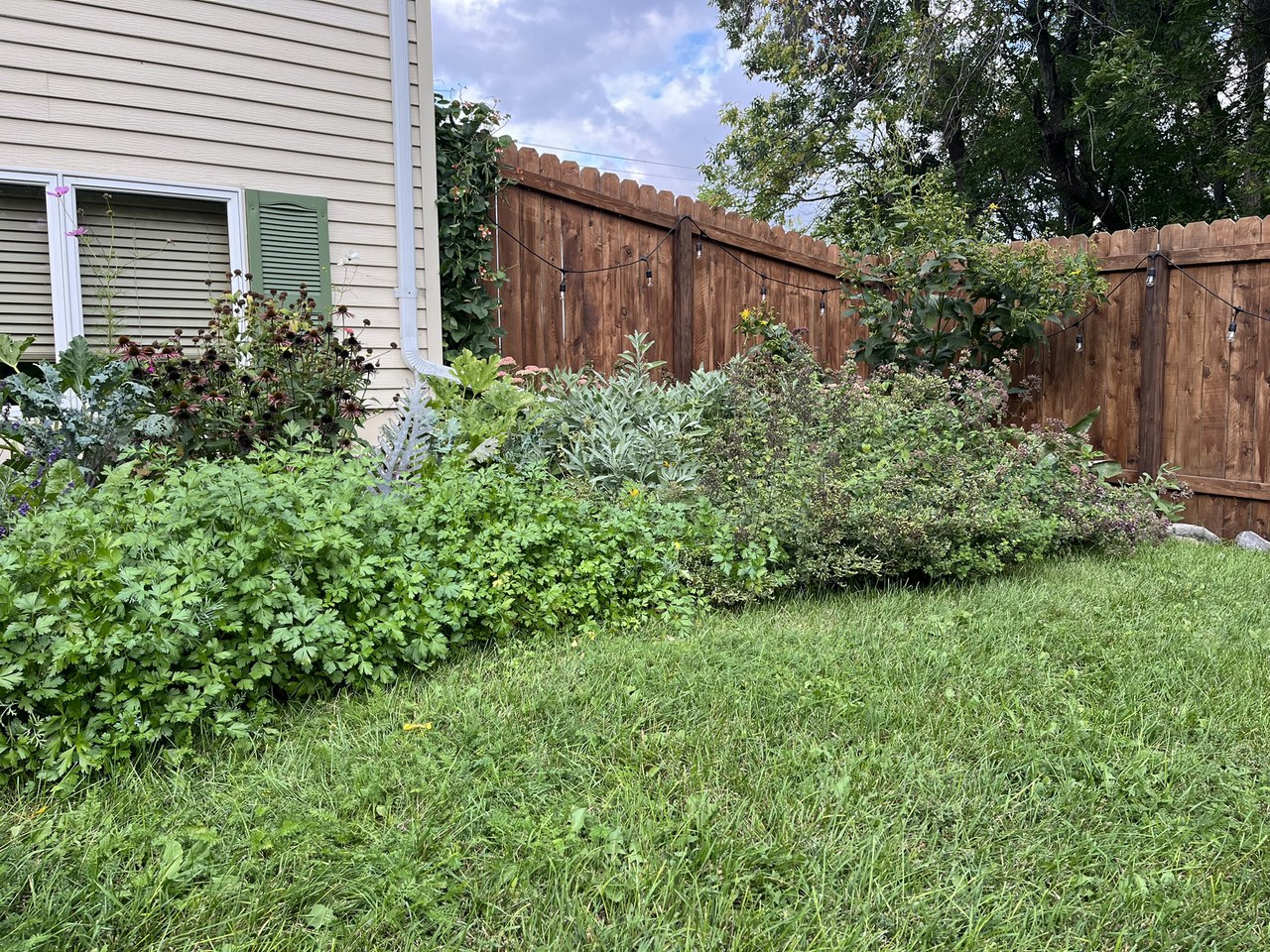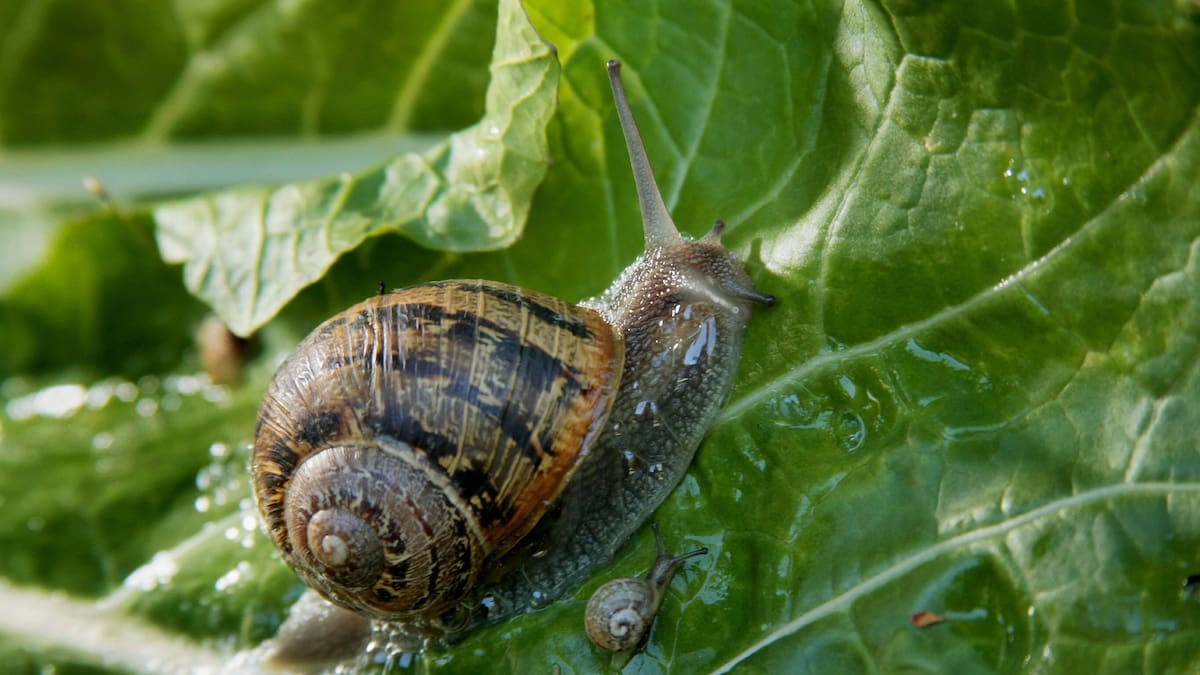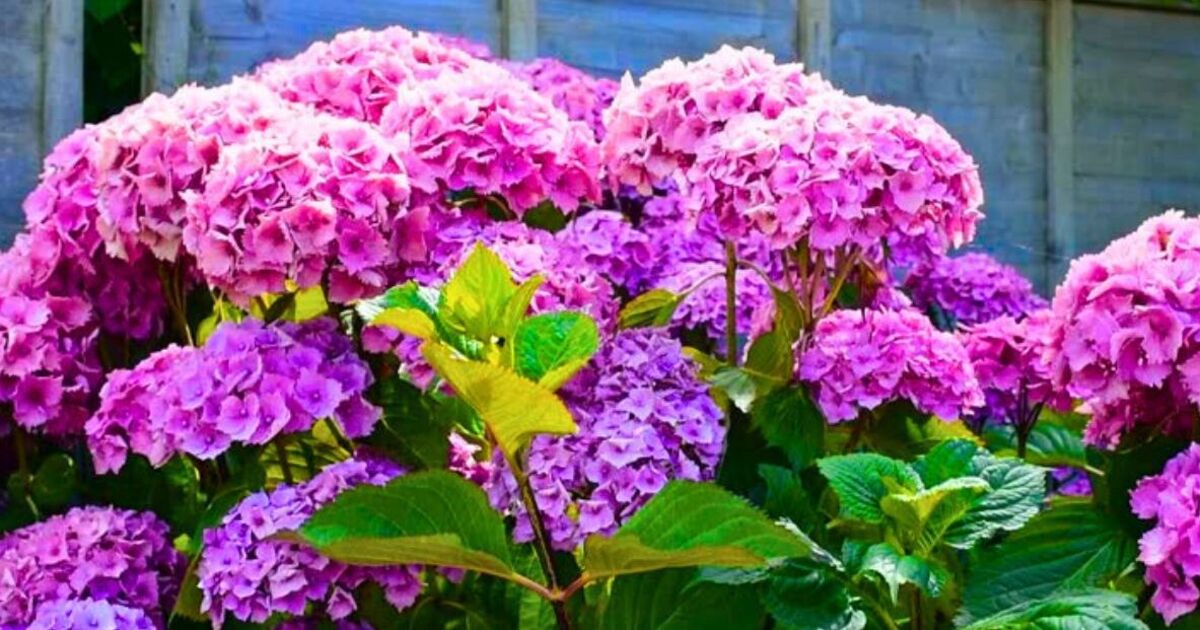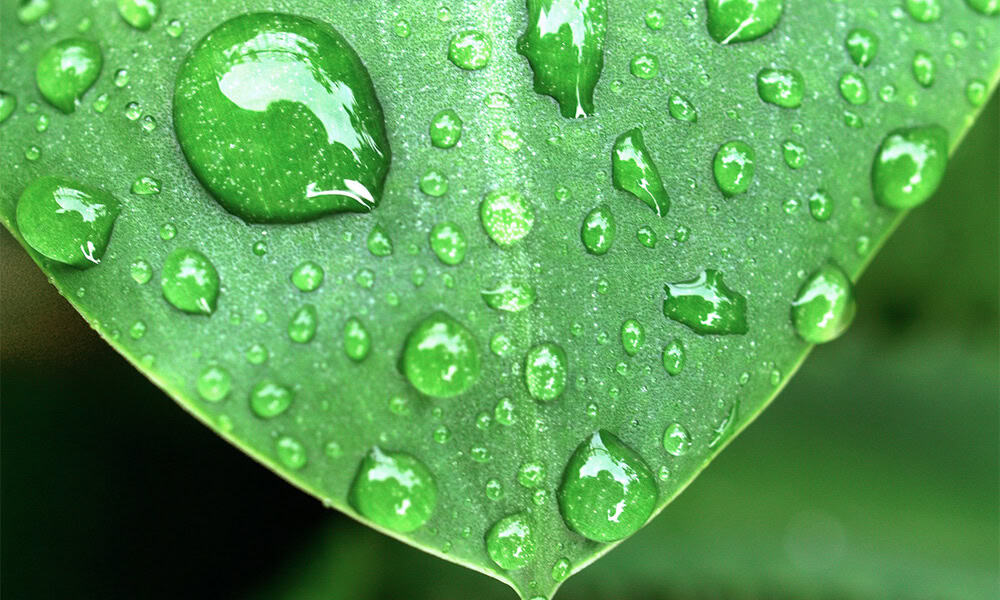Carrie Knutson, a Horticulture agent based in Grand Forks County, recently shared her end-of-summer gardening tips. The extended summer this year has been a blessing, as it allowed a few more of her tomatoes, peppers, and pumpkins to ripen. But with winter just around the corner, she shared a list of tasks that need to be completed before the first snowflakes fall.
Interestingly, one task that she does not do is plant clean-up. This means she does not remove any plant debris like leaves and stems from her flower beds and lawn this fall. This includes leaves from her trees, perennials, and even annual flowers. For some, this may seem like an unconventional strategy, but Carrie explained that there are effective reasons to leave plant debris in your garden.
Firstly, leaving plant debris on the ground serves as a protective cover for beneficial overwintering wildlife. For instance, amphibians like toads and frogs find the additional insulation of leaves over the ground useful in surviving cold winters. Similarly, native insects such as bees depend on leaf cover or nest in hollow stems for winter survival. Dried seeds heads, berries, and plant debris also provide a source of food and shelter for overwintering birds. Moreover, this extra cover aids in accumulating snow, thus providing extra winter insulation and some spring moisture.
Fallen leaves from trees can also present cover and habitat for beneficial wildlife. If you find that you have an excess of leaves in your lawn, these can be used as mulch in your flowerbeds or in compost. You can choose to leave some where they fall, or chop them up with your lawnmower. However, bear in mind that only a thick layer of leaves can smother lawns and potentially cause problems come spring.
Furthermore, leaving plant debris in place over time can be beneficial for soil health as organisms in the soil use plant debris as a food source. The organic matter aids in improving the soil’s physical and chemical properties, therefore, improving the nutrient cycling and improving the soil structure.
However, Carrie noted that there should be some exceptions to this rule. If your garden faced insect pests or disease issues that year, a thorough cleanup is necessary. For instance, she plans to clean up a couple of her peony plants as they had some leaf blotch disease. Likewise, to prevent any disease or insect issues in her vegetable gardens, she removes and composts disease-free plant debris.
If you do prefer to remove your plant debris, Carrie recommends finding a spot out of the way on your property to create small piles. This can also provide habitat for overwintering wildlife. Come springtime, she advises waiting to remove debris from your landscape until nighttime temperatures are consistently in the 50s to give time for the overwintering wildlife to emerge.
She concludes that maintaining a ‘relaxed’ approach to gardening helps the snow cover everything. Sometimes it might be difficult to leave things ‘messy’ for the winter, but she stresses the importance of embracing the disorder, as it ultimately benefits the backyard ecosystem. Happy gardening!




